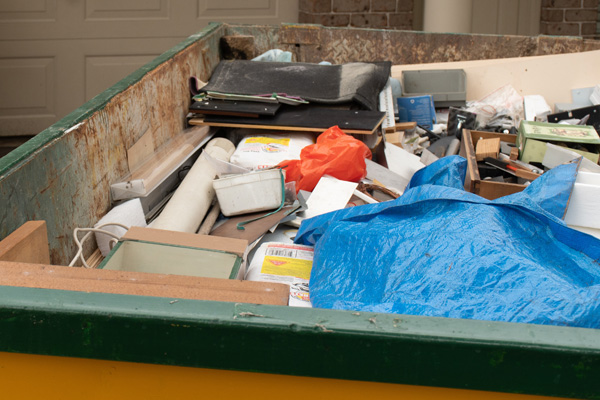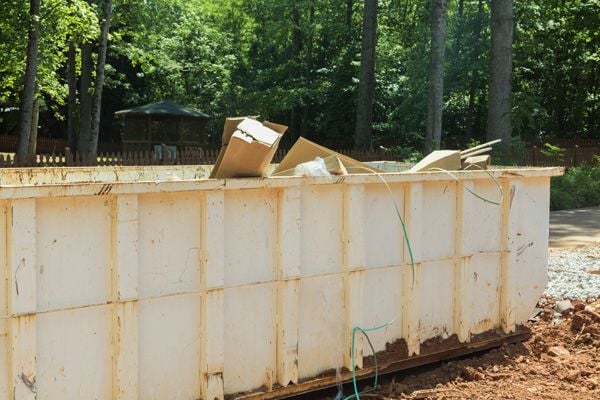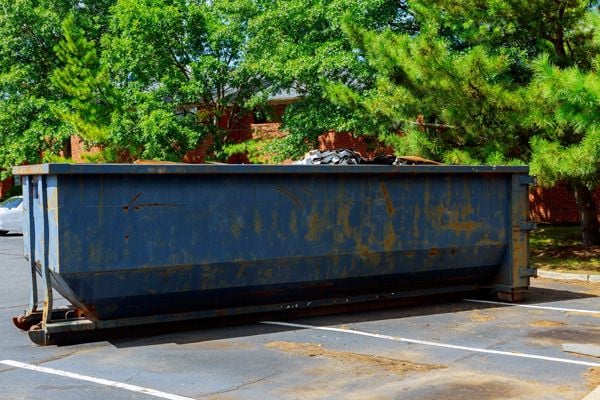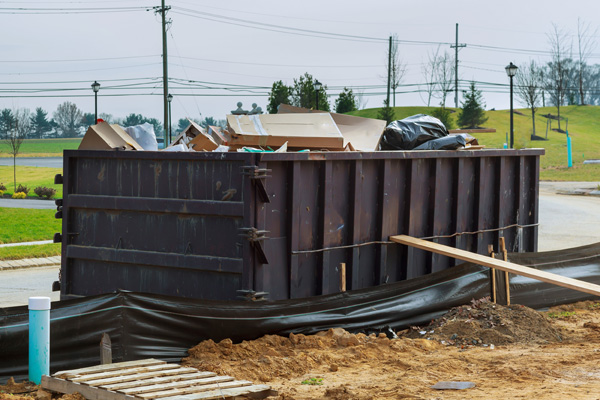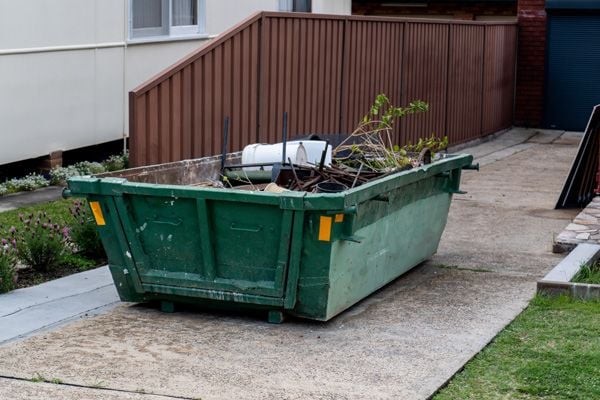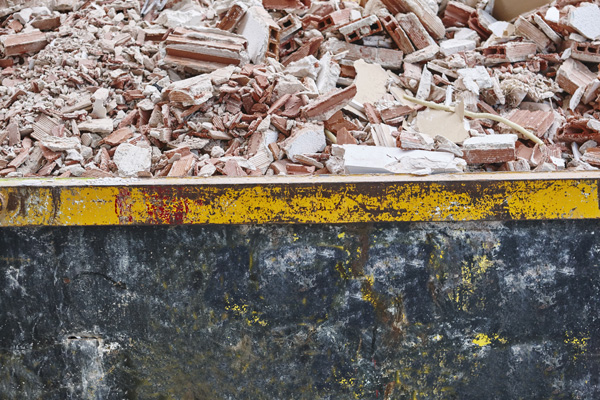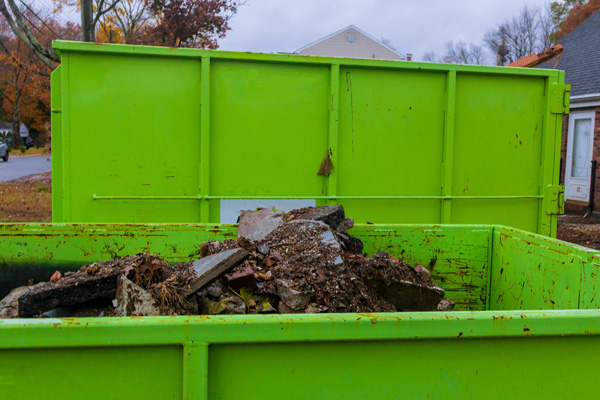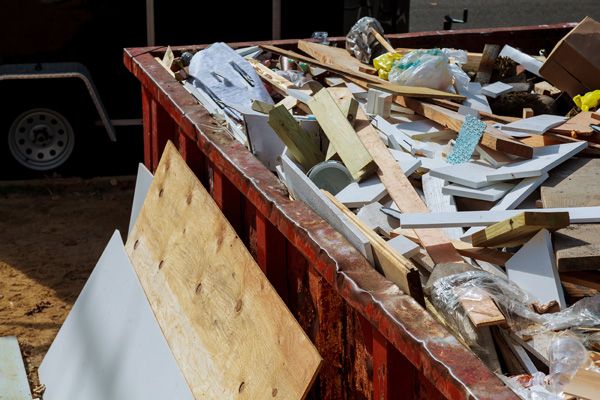How To Rent A Dumpster For A Waste-To-Energy Project
How To Rent A Dumpster For A Waste-To-Energy Project Renting a dumpster for a waste-to-energy project can be an effective way of managing large amounts of debris and hazardous materials from construction sites. It is important to understand the different types of dumpsters available and how they are used in order to ensure that the project runs smoothly. This article will provide an overview of what needs to be considered when renting a dumpster for a waste-to-energy project. It will discuss aspects such as size, cost, location, and disposal options. Additionally, this article will also explain why it is essential to rent a dumpster rather than attempting to manage the waste on site or sending it offsite without proper containment measures. With this information, readers should have all the knowledge necessary to confidently choose the best option for their particular project. Powering Communities With Renewable Energy Powering communities with renewable energy has become a topical focus in recent years. As populations and industrial demand increase, the need to secure efficient sources of energy is paramount. Waste-to-energy (WTE) projects are one avenue for achieving this goal. WTE projects convert hazardous waste into reusable energy through combustion or anaerobic digestion technology. The type of project used depends on the material that needs to be processed, as well as the scale of the facility being constructed. The first step to initiating any WTE project is properly disposing of all materials involved in construction and operation. This includes demolition debris; commercial and residential garbage; medical, chemical, and other hazardous wastes; and solvents produced by refineries and manufacturing plants. It also includes combustible items like wood pallets, furniture, packaging materials, plastics, metals etc., generated during large construction projects such as office buildings or bridges. Renting dumpsters specifically tailored for collecting these types of waste is necessary for any successful waste-to-energy project. Careful consideration must be taken when selecting a dumpster rental company due to potential health risks associated with improper disposal practices. Additionally, environmental regulations should be considered when determining what size and type of dumpster will best suit the needs of your particular construction site or energy facility Business Waste Pickup Businesses in need of a waste-to-energy project should consider renting a dumpster. Dumpsters can be rented from many reputable companies and come in various sizes for accommodating different types of projects. Here are 4 steps to take when considering business waste pickup: By following these steps businesses can ensure their waste is handled properly while also staying within budgetary constraints associated with a commercial recycling program. Furthermore, taking advantage of available resources provided by local waste management companies may lead to unique solutions tailored specifically towards individual needs while providing greater efficiency overall throughout the entire collection process. Residential Waste Pickup When it comes to residential projects and customers, renting a dumpster for waste-to-energy is an effective option. For those who are considering this approach, there are some key factors that must be taken into account when choosing the right container size and collection day. The most important factor to consider is the amount of space needed for all of the food containers, yard waste, and other items that need to be disposed of in order for the project to be successful. Additionally, garbage pickup days can vary from one municipality to another so it’s important to check with your local government before arranging a rental. Another thing to keep in mind when setting up a dumpster rental for a waste-to-energy project is the type of materials being collected. Some municipalities may have specific guidelines on what types of materials should or shouldn’t go in a dumpster, such as hazardous wastes like paint cans or chemicals. It’s essential that these restrictions are followed in order to ensure compliance with local regulations. Furthermore, depending on where you live, some items might require special disposal methods rather than simply tossing them into a dumpster. Overall, scheduling regular pickups will help make sure your residential waste-to-energy project runs smoothly while also helping reduce landfill use and promote recycling efforts in accordance with environmental initiatives within your community. By understanding all aspects of residential trash collections beforehand and following safety protocols accordingly, homeowners can feel confident their waste materials will be handled responsibly during a waste-to-energy project. With this knowledge in hand, homeowners can move forward knowing they’re taking steps towards creating a more sustainable future for themselves and their communities alike. Types Of Dumpster Rentals Available When planning a waste-to-energy project, dumpster rentals provide an efficient way to dispose of refuse. There are various types and sizes of dumpsters available for rent, each suited to different needs. Depending on the amount of trash that is to be disposed of, the type of material being thrown away, and other factors such as location, there are numerous rental options from which to choose. The most commonly used type of dumpster for this purpose is known as a roll off dumpster. This large container can hold up to 20 cubic yards worth of materials and can fit neatly in tight spaces without blocking access or sightlines. Additionally, these containers often come with locking lids to prevent theft or unauthorized dumping into them. Other common sizes include 10 yard, 15 yard and 30 yard units – all differing in size based on their projected use. Some services may also offer recycling options such as cardboard boxes or bins along with traditional trash dumpster rentals so that recyclable materials do not get mixed in with general refuse disposal. Some companies even pick up recyclables separately at no extra charge after they have been collected in the proper containers provided by the service provider. With a wide range of dumpster rental options available, it’s easy to find one that fits your specific needs while ensuring maximum efficiency when disposing of waste during a waste-to-energy project. Transitioning smoothly into the next section about disposal methods ensures readers continue learning more about how best to implement such projects successfully.. Disposal Methods When it
How To Rent A Dumpster For A Waste-To-Energy Project Read More »

